Academic Engagement
Contact
Community Engagement CenterMarkim Hall, Third Floor 651-696-6040
cec@macalester.edu
facebook twitter instagram
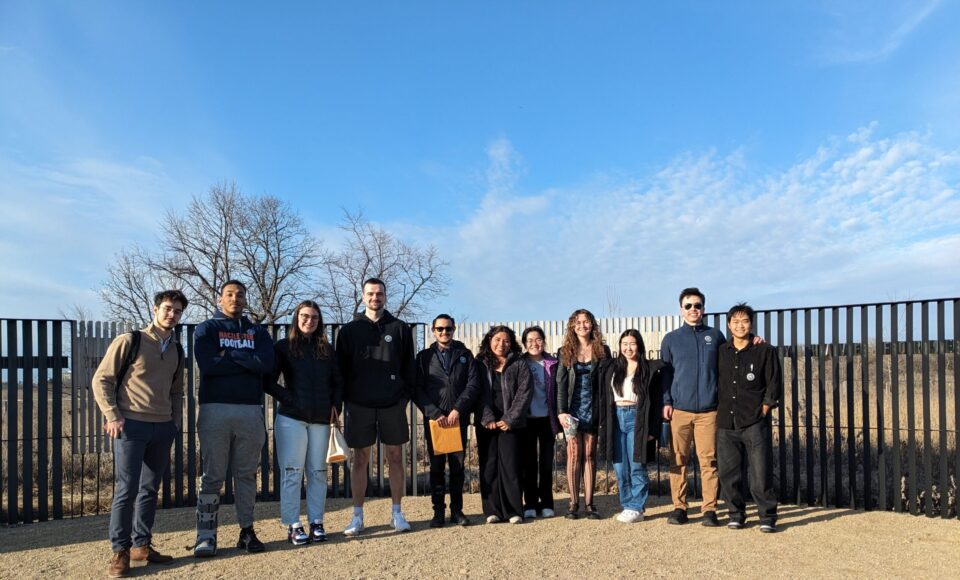
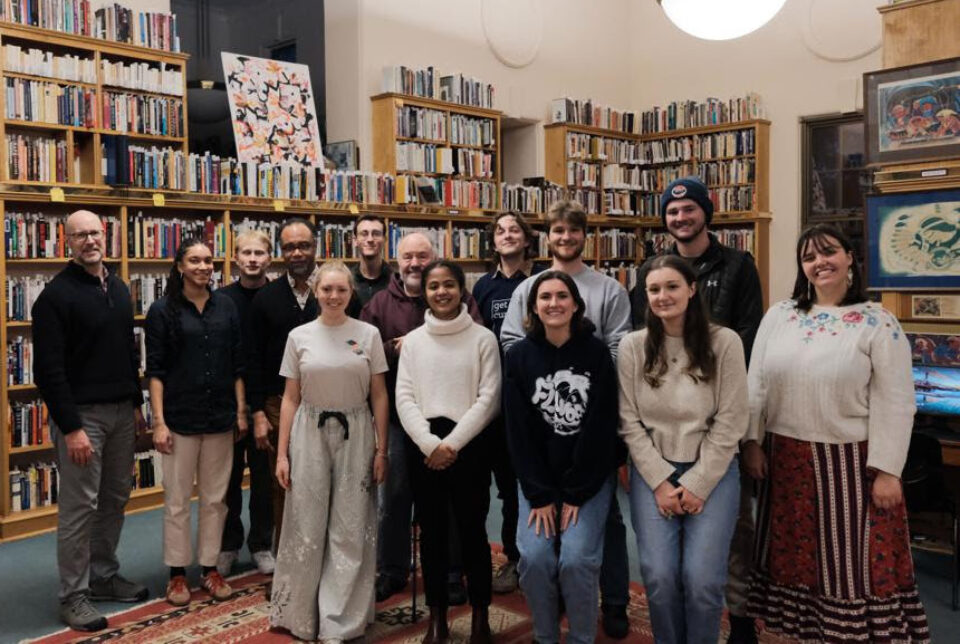
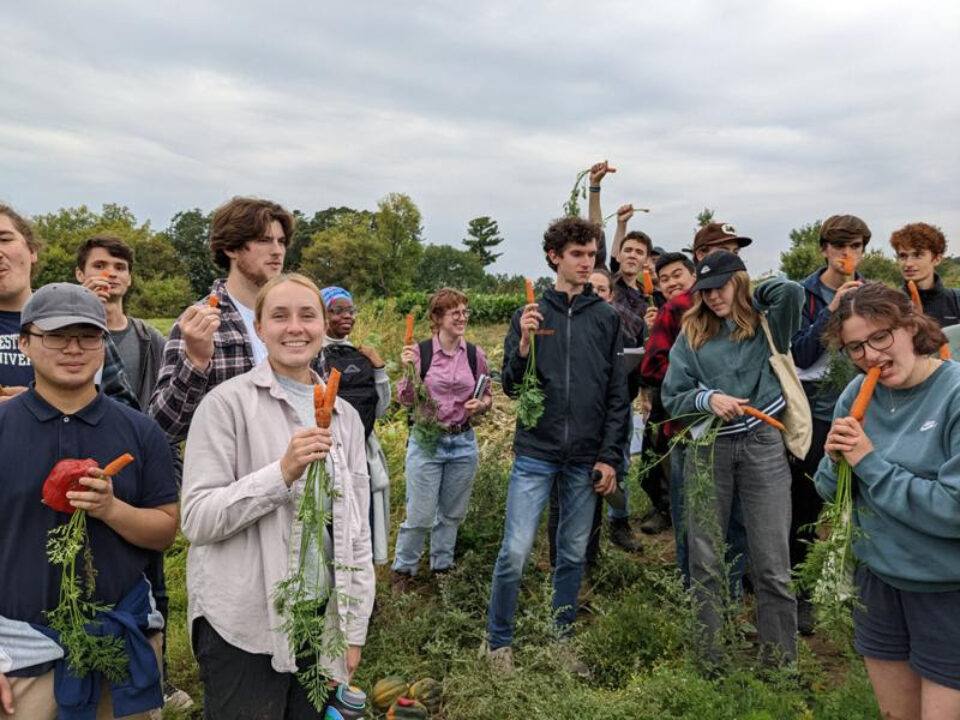
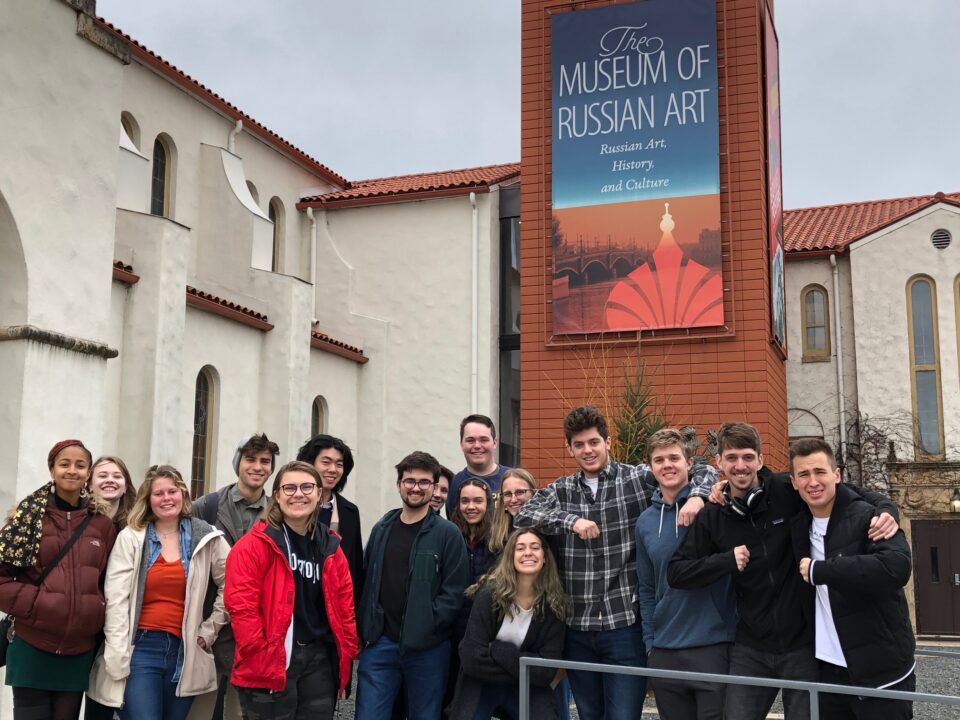
Project Pericles invites faculty at Periclean institutions to apply for two grant opportunities for Fall 2025 and Spring 2026 courses. Funded by the Mellon Foundation and the Eugene M. Lang Foundation, these grants provide up to $4,500 to support faculty in developing or enhancing courses with civic engagement, community partnerships, and/or public scholarship. Please utilize both of the links below to complete your application.
What is community-based learning?
Community-based Learning (CBL) integrates meaningful community partnerships with instruction and critical reflection that focuses on building and sustaining relationships that center community knowledge(s) and agency in order to creatively solve problems, engage community-identified needs and initiate transformative change.
Macalester is a longtime leader in linking academic learning to community involvement. High quality community-based learning (CBL) brings forth multiple layers of learning, teaching and problem solving. Student work such as tutoring, research, analysis, or problem solving holds reciprocal benefits for the students and their community partner. Aligning learning objectives with an existing community need is a critical step in these real world, engaging learning experiences.
Each semester, the Community Engagement Center strives to provide necessary resources and support for faculty who would like to embed community engagement into their curriculum. In the 2024-25 academic year, 20 Macalester departments offered 66 courses with community engagement components.
Interested faculty can complete the above form, and Cait Bergeon (cbergeon@macalester.edu), Faculty Engagement Program Associate will be in touch to assist you. Cait works with faculty to offer guidance, brainstorm, and establish or tap into partnerships with local community organizations.
Community Partners
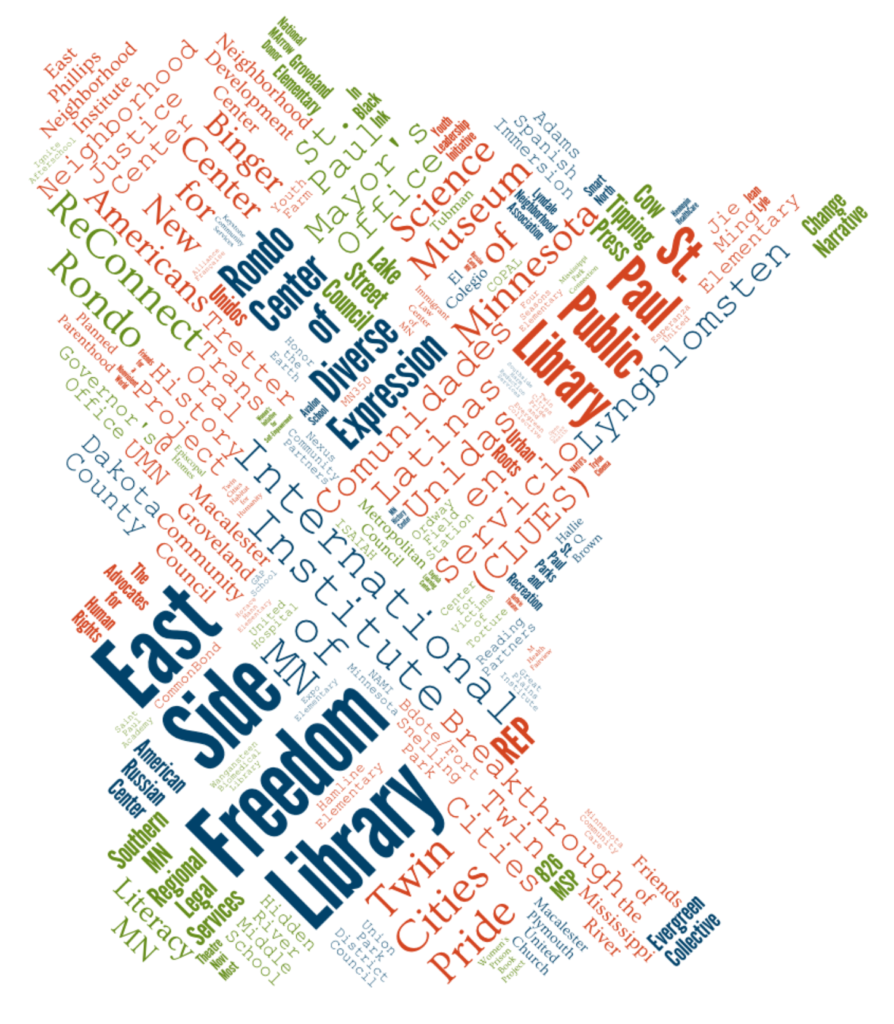
Scholarly Resources
-
The Michigan Journal of Community Service Learning A national, peer-reviewed journal focusing on research-driven articles about community-based research and teaching.
-
Journal of Higher Education Outreach and Engagement A national, peer-reviewed journal that includes research articles, reflective essays, and discussions of projects in progress.
-
Journal of Community Engagement and Scholarship A national, peer-reviewed journal that offers essays devoted to field notes, community perspectives, and student voices as well as traditional research articles.
-
National Service-Learning Cooperative Clearinghouse A large, searchable database of publications.